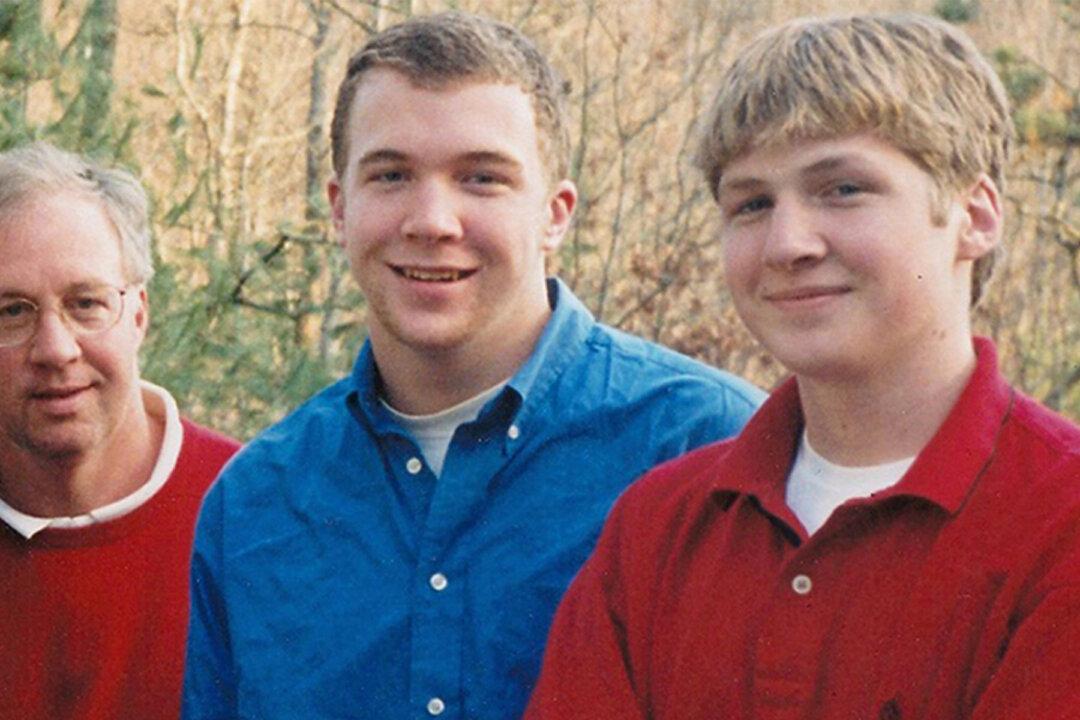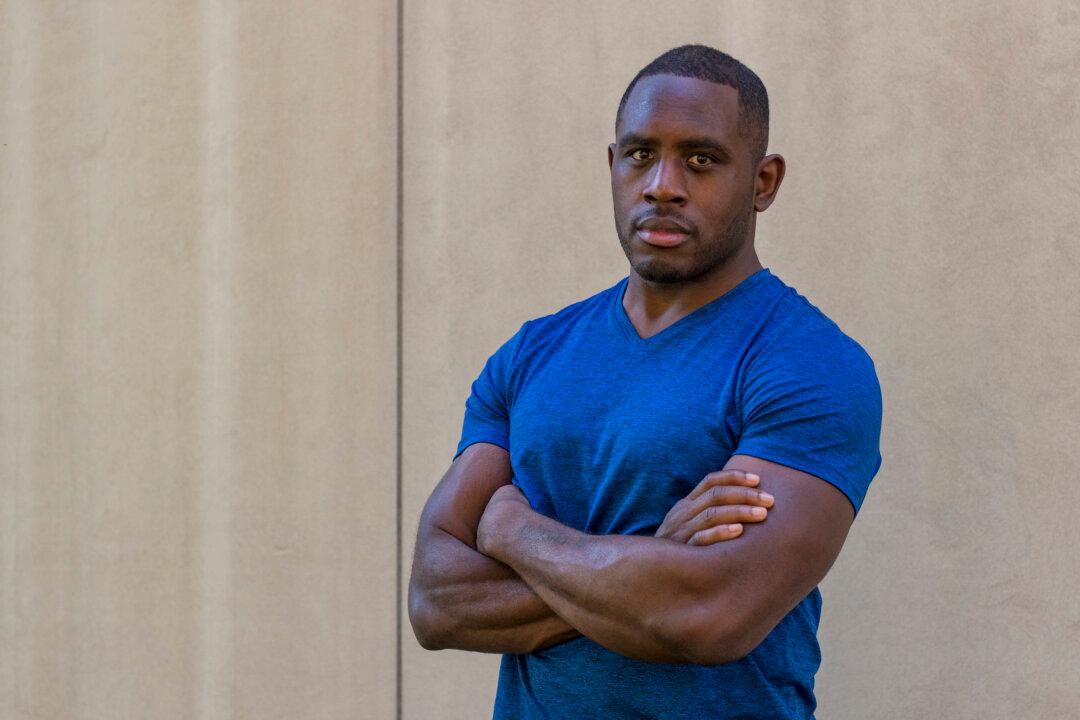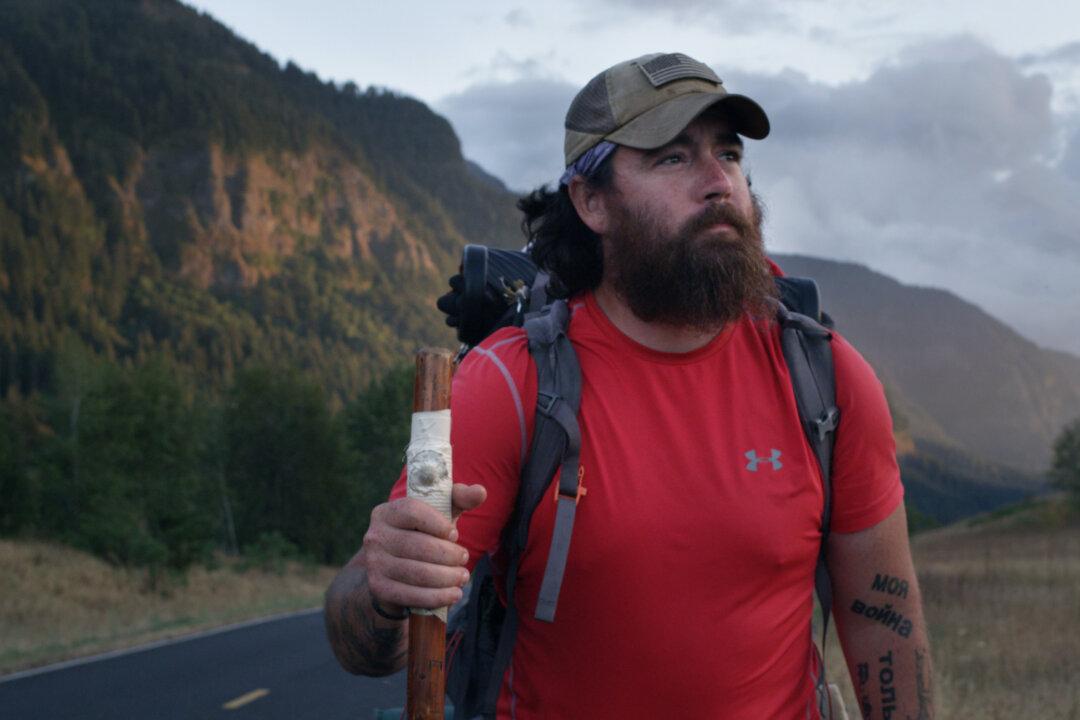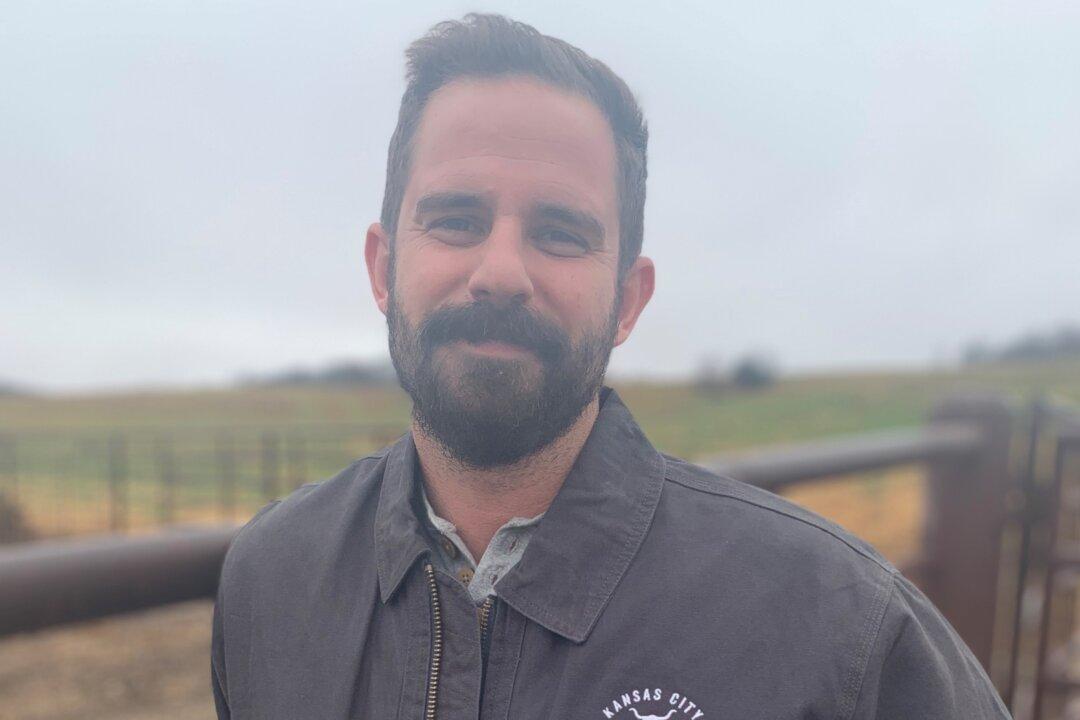Losing a child is a parent’s worst nightmare. Steve M. Grant of Greenville, South Carolina, is 61 and tragically lost his two and only sons, both to drug overdoses. His oldest son Chris passed away when he was only 21 years old from a cocaine and methadone overdose. Only five years later, his youngest son Kelly died after a heroin overdose. Now, Grant is on a mission to help families with an adolescent or young adult who is struggling with addiction. He is the author of “Don’t Forget Me: A Lifeline of Hope for Those Touched by Substance Abuse and Addiction.”
I had the opportunity to speak with Grant about his story, and the advice he has for families with a young loved one who may be struggling with addiction.






